- Admission to Private Hospitals and in-patient services
- In-patient examination and treatment for newborn babies
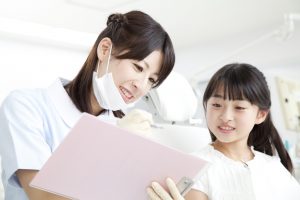

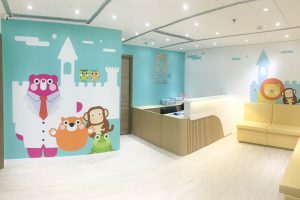
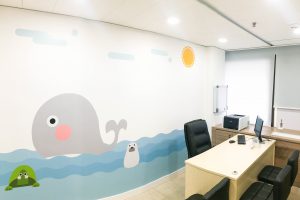

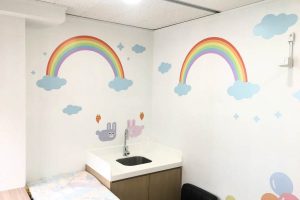


(Conducted by paediatrician)
* Before every vaccination, the doctor will perform a basic physical examination to determine if babies condition are suitable
for vaccination.
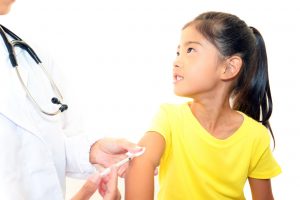
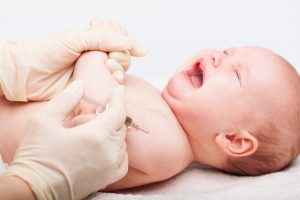
Metabolic disease is a rare genetic disease. Severe metabolic diseases can be fatal in infants and children. Therefore, it is very important to
diagnose and treat them early. It is recommended that all newborn babies to receive screening within several days after birth.
Neonatal metabolic disease can be performed on urine or blood samples collected form babies. Blood tests are recognized as international
standards by most countries. Now only a small amount of blood sample can effectively detect more than 30 metabolic diseases for newborn
babies, including most metabolic diseases (amino acid disorders, fatty acid oxidation disorders, or organic acid disorders) that can be
diagnosed and treated.
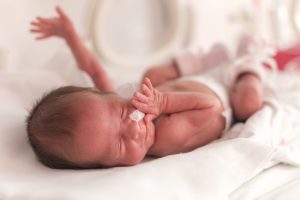
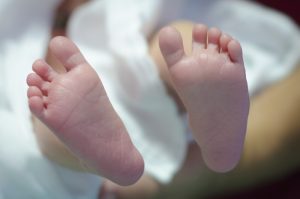
“Allergy” refers to the response of the body’s immune system to alien substances (allergens). Symptoms can occur on anywhere of the body,
including eczema, skin irritation, wheezing, vomiting, watery eyes, and nasal discharge. In severe cases, it can cause anaphylactic shock
reactions or tracheal contractions, impeding breathing, and potentially killing. There are many kinds of allergens, such as dust mites, animal
dander, hair, pollen, peanuts, and seafood, which are all common allergens.
* If you find that you have eczema, allergic rhinitis, or a sensitive reaction such as skin irritation or dyspnea after eating, you
should seek medical advice to identify the culprits of allergy.
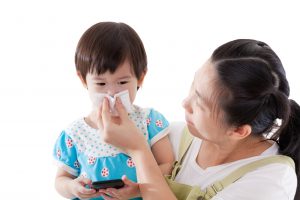
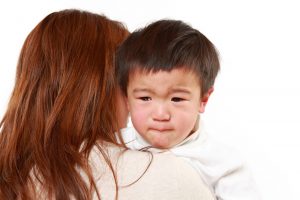
Sleep apnea in children is a chronic disease. The main symptoms of the early stage are snaring at night. When suffering from sleep apnea
for a long time, children are affected by the low quality of sleep at night and intermittent hypoxia. In severe cases, it will lead to learning
difficulties, behavioral problems, slow growth, and in long term even cardiovascular diseases such as pulmonary hypertension and heart
failure.
To accurately diagnose children with sleep apnea, sleep study is a key investigation. Children of any age can receive a sleep test. The child
needs to stay in hospital for one night. Before going to bed, the test technician will place recording devices on the child’s head and body to
record the child’s brain waves, respiration, electrocardiogram, oxygen saturation and other important data. The sleep test process will not
cause any pain. Sleep test data will be interpreted by a specialist to determine if the child has sleep apnea and its severity.
* Children with daytime behavior problems, lack of concentration, and emotional instability are also suggested to visit clinical
psychologists.
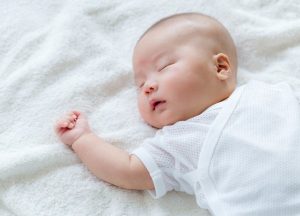
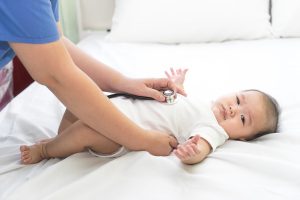

When children have hearing problems, they often repeat sentences because they do not understand what people are saying. They may be
mistaken for slow response, lack of attention, or poor perception. Not only does it create obstacles to learning, it can also seriously affect
development. To know if children have hearing problems, parents can keep track of their daily behaviors and reactions.
The following are some of the signs that children have weak hearing ability:
Newborn babies can receive hearing screening tests. The otoacoustic emission test is performed with a probe tube microphone placed in the
ear canal and then emits a sound. If the auditory cells are normal, an otoacoustic response will occur. If the test finds no response, the infant
will have to undergo further tests.
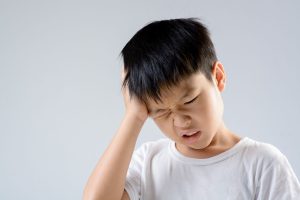

The period between zero and eight years is an important stage for children’s visual ability to develop. In the development stage, if there is a
” squint ” or severe congenital binocular vision difference, it can lead to amblyopia. If the golden period of treatment is missed, it could result
in long term vision defects, in severe cases can even lead to blindness. Early detection is important in optioning visual outcome.
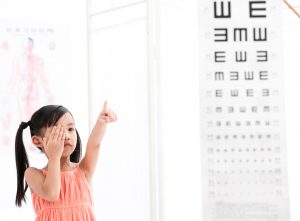
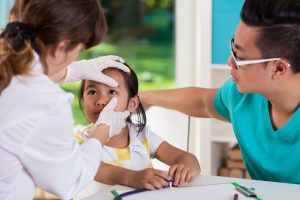
Ocean Centre, Harbour City,
5 Canton Road, TST, HK
Tel : +852 2396 3335